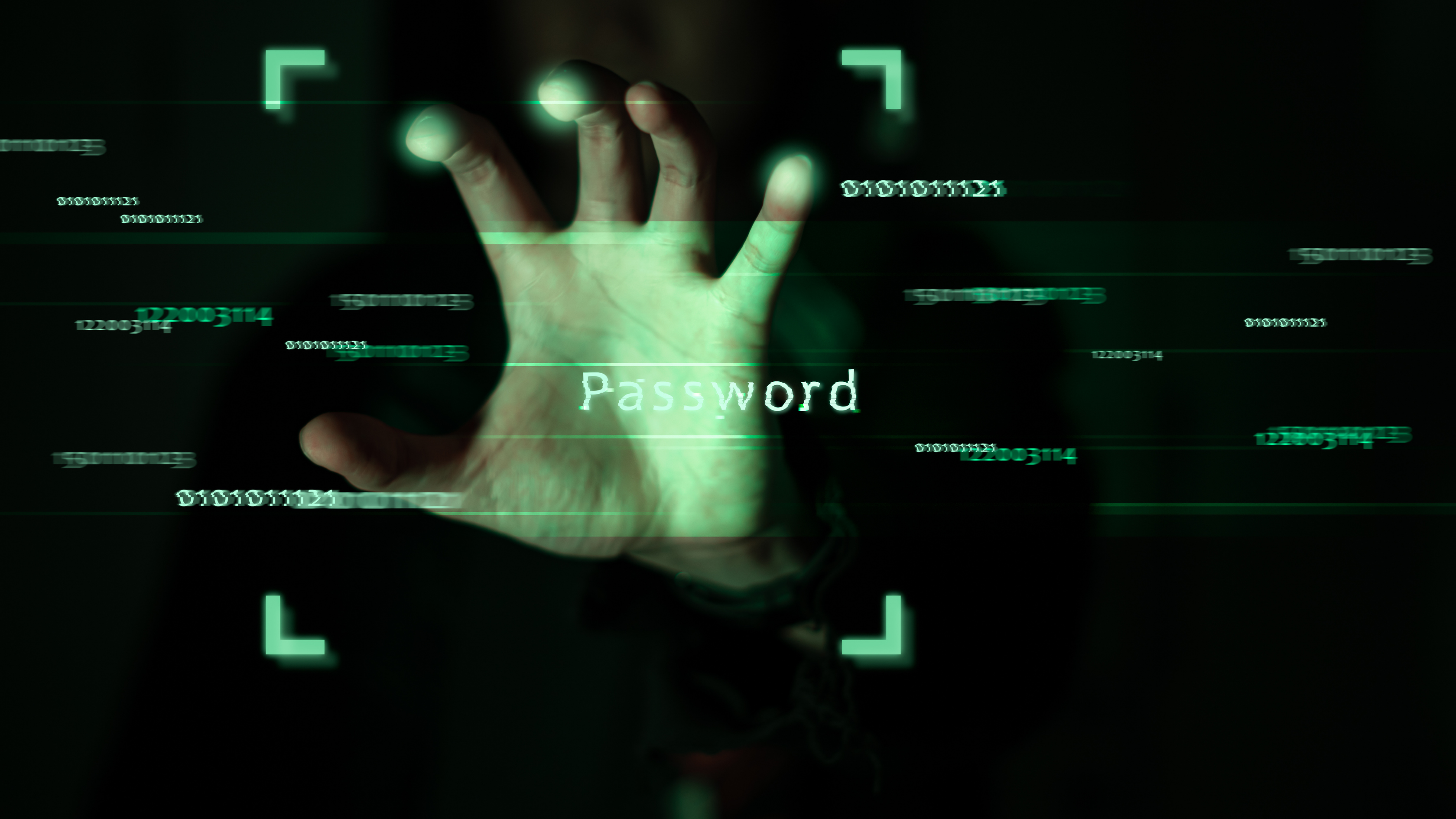Are you worried about your business being hacked?
If not, you should be.
Statistically, one small business in the UK is successfully hacked every 19 seconds. This equates to around 65,000 attempts to hack small to medium-sized businesses every day.
Furthermore, fraud and computer misuse offenses have risen by more than a third in England and Wales since the pandemic.
What exactly does this mean for your small business?
To put it bluntly, if you are not putting safety measures in place to protect your business and your customers’ data, you are at serious risk of being hacked.
Fortunately, there are several steps that you can take to prevent hacking, including having a strong password.
How do passwords get hacked?
While you may think you have a strong password, cybercriminals are becoming increasingly sophisticated with their methods. Some of the most common ways that your password may get hacked include:
1 Credential stuffing
In this type of cyber-attack, the hacker will use your hacked password from a poor website and attempt to use it on other systems. For example, if your password is hacked on Facebook, they will try to use it to access your email, your LinkedIn page, and other platforms.
2 Password spraying
As the name suggests, this is when a hacker uses some of the most commonly used passwords to access your systems. They may also use some of your personal information.
3 Phishing
Phishing, or social engineering, is a method that involves manipulating the victim into clicking on a link where they then enter their password.
4 Staging system
A developer uses a public IP address to test their code before pushing it to publication. These servers tend to have debug enabled, which can show some of an internal system’s credentials. Hackers will constantly scour the internet looking for public .env files that store your credentials.
5 Malware installation-keylogging
Occasionally, hackers will be able to install a keylogger onto your machine to record everything typed, including your passwords.
What is the structure of a strong password?
Creating a strong password is not as hard as it sounds. All you need to do is follow some basic rules, and you are much less likely to fall victim to hackers.
- Use at least 8 characters in length. The more characters, the better, as these, will take more time to crack and a longer cyber attack. Ideally, aim for 15-20.
- Use at least one character from each of the following groups: lower case alphabets, upper case alphabets, numbers, and special characters.
The best password methods
Check out our top tips for creating the ultimate password that cannot be hacked and that should keep your accounts and data safe.
- Use complex passwords that do not include common words or phrases
- Use a password manager tool
- Change your passwords periodically
- Never use personal information in a password
- Do not share your password with anyone else
- Do not reuse your passwords
- Incorporate shortcut codes or acronyms into your passwords

